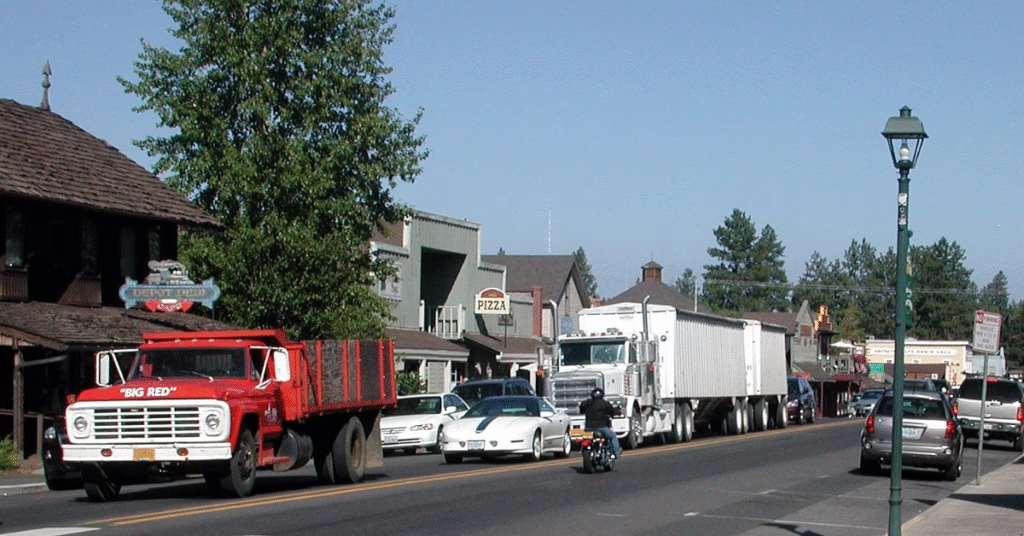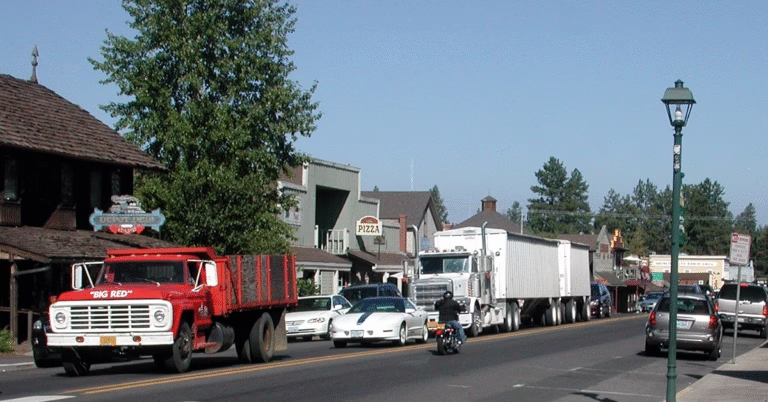
When most Central Oregon homeowners think of indoor air quality (IAQ), they often blame dust, pets, or wildfire smoke. But what if the real culprit is your HVAC system—or even your plumbing?
If you’re living in Sisters, Oregon or the surrounding area, it’s crucial to understand how interconnected your home’s systems really are. Poor air quality can lead to health problems, increased energy costs, and long-term damage to your home.
In this article, we’ll explain how your HVAC and plumbing systems impact IAQ, what warning signs to watch for, and what you can do to protect your home and health.
🚨 How HVAC Systems Can Contribute to Poor Indoor Air Quality
1. Dirty or Clogged Air Filters
Over time, HVAC filters collect dust, pollen, pet dander, and mold spores. If not changed regularly, they circulate pollutants throughout your home.
Pro tip: Change filters every 1-3 months. Learn more from Energy Star’s HVAC maintenance guide.
2. Mold in Ductwork
Central Oregon’s fluctuating humidity levels can create the perfect conditions for mold growth inside ducts, especially when condensation isn’t managed.
According to the EPA, mold spores can trigger asthma and allergic reactions—particularly in children and older adults.
3. Poor Ventilation
Homes in Sisters, Oregon are often sealed tightly for energy efficiency, but without proper ventilation, pollutants become trapped indoors. This can include off-gassing from carpets, paints, and cleaning chemicals.
🚿 The Plumbing Connection: What Most Homeowners Overlook
You might not associate your plumbing with air quality—but you should. Here’s why:
1. Leaks Create Hidden Mold Zones
A slow leak under the sink or in your crawl space can fuel mold colonies behind walls, releasing spores into your HVAC system.
Leaks are among the most common plumbing issues in Oregon homes. Learn more from HomeAdvisor’s plumbing repair statistics.
2. Sewer Gas Backdrafts
Faulty plumbing vents or dry P-traps can let sewer gases seep into your living space, creating health hazards and unpleasant odors.
Sewer gas contains methane, ammonia, and hydrogen sulfide—substances that can irritate lungs and the nervous system.
3. Water Heater Combustion Problems
Older gas water heaters may have incomplete combustion, releasing carbon monoxide—a silent, deadly threat.
Make sure your plumbing and gas appliances are professionally inspected. The U.S. Consumer Product Safety Commission stresses the importance of regular carbon monoxide testing.
🏡 Specific Challenges in Sisters, Oregon
Homes in Sisters and surrounding areas like Redmond and Bend face a few unique environmental challenges:
- Wildfire smoke infiltration makes IAQ an ongoing concern.
- Hard water from wells can create mineral buildup in plumbing and HVAC humidifiers, affecting efficiency and mold growth.
- Cold winters increase condensation, particularly in under-insulated attics and crawlspaces—fertile ground for mold.
✅ What You Can Do: Practical Solutions
- Schedule an HVAC inspection and cleaning.
- Install a whole-home air purifier or UV light system.
- Fix plumbing leaks immediately and check crawl spaces regularly.
- Upgrade to a sealed combustion water heater.
- Use smart thermostats and ventilation controls.
Need help with HVAC or plumbing in Sisters, Oregon? Contact Einstein Pros in Sisters — your local experts in clean, safe, and efficient home systems.
🔗 Useful Resources:
- EPA: Guide to Indoor Air Quality
- Energy Star: HVAC Maintenance
- Angi: Signs You Need Plumbing Help
- CDC: Mold and Health
📞 Ready to Breathe Easier?
If your indoor air seems stuffy, dusty, or even smells strange, don’t wait. Your health may be at risk. The team at Einstein Pros in Sisters, Oregon is ready to help.
